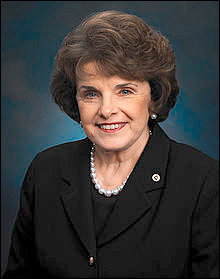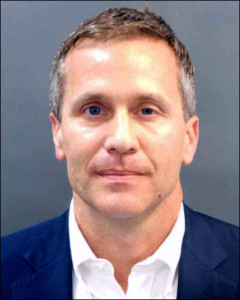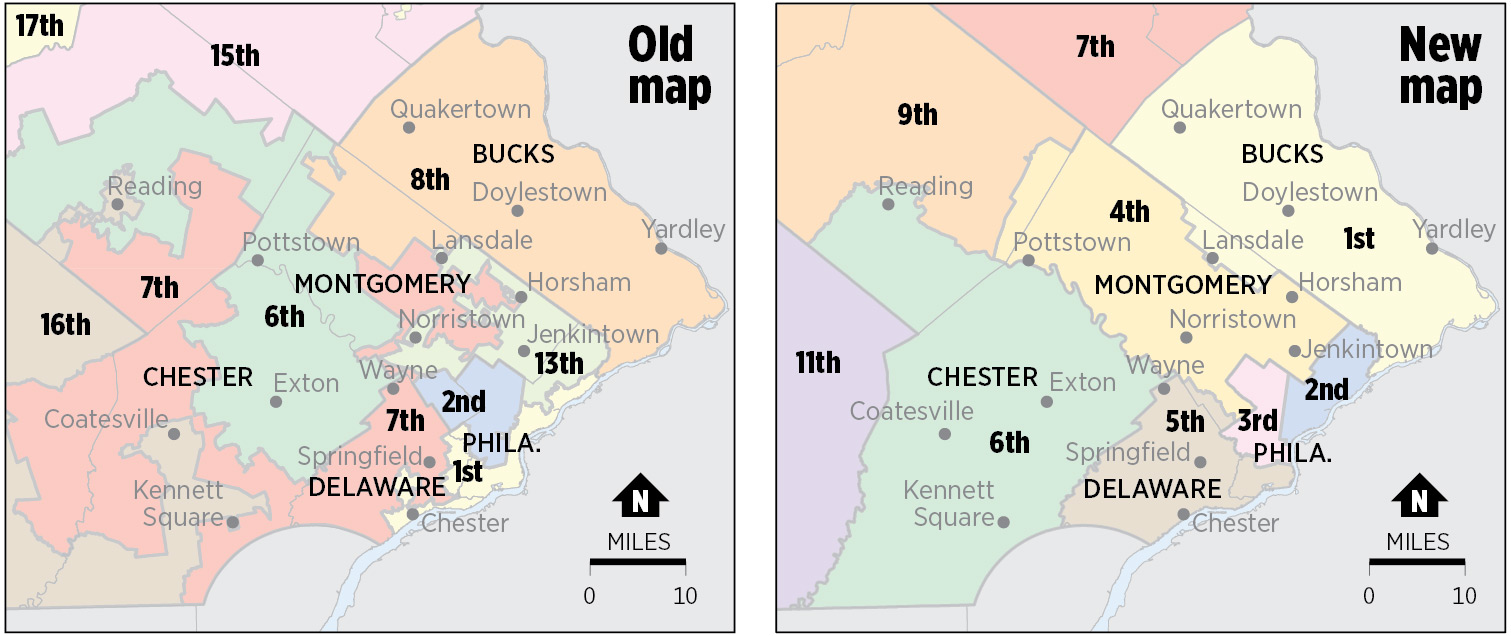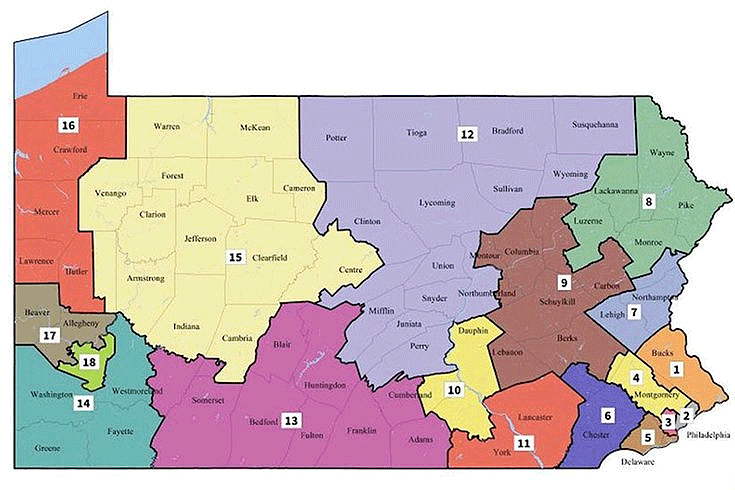By Jim Ellis
Feb. 28, 2018 — Yesterday, we reported that the California Democratic Party state convention delegates snubbed veteran Sen. Dianne Feinstein by not officially endorsing her for re-election. The US House endorsements, or lack of them in many instances, also featured some unexpected results.
Looking at the 14 Golden State Republican incumbents, seven of whom Democratic leaders have publicly identified as targets for the upcoming election, the state delegates left four of these top conversion opportunities without an endorsed candidate.
 In the campaigns against Reps. Jeff Denham (R-Turlock/Modesto), Steve Knight (R-Palmdale), and in the open districts of the 39th (Rep. Ed Royce retiring) and 49th (Rep. Darrell Issa retiring), the Democratic candidate contingent in each contest will head into the June 5 jungle primary election with no one carrying the official party endorsement.
In the campaigns against Reps. Jeff Denham (R-Turlock/Modesto), Steve Knight (R-Palmdale), and in the open districts of the 39th (Rep. Ed Royce retiring) and 49th (Rep. Darrell Issa retiring), the Democratic candidate contingent in each contest will head into the June 5 jungle primary election with no one carrying the official party endorsement.
In the other two top-tier targeted districts, convention delegates officially endorsed Rep. David Valadao (R-Hanford/ Bakersfield) in the 21st and Rep. Mimi Walters (R-Irvine) in the 45th. The activists chose their 2016 nominee, attorney Emilio Huerta, to run against Rep. Valadao; Huerta actually performed poorly against the congressman in 2016, losing 57-43 percent, while Hillary Clinton carried the district 55-40 percent. However, Huerta is the only announced candidate in this race; therefore, he was easily able to exceed the 60 percent threshold needed to claim the state party endorsement.
In the Walters district, the party delegates chose law professor Dave Min as their endorsed candidate. This is a bit of a surprise because fellow law professor and consumer advocate Katie Porter seems to be attracting at least an equivalent level of campaign support. Both have outside endorsements, each has raised over $675,000 (Min: $679,000; Porter: $741,000), and the two each have more than $400,000 in the bank (Min: $411,000; Porter: $510,000). In addition to these two candidates, four other Democrats are also on the ballot. Min, however, is clearly the better inside political player since he was able to convince a super majority of convention delegates to publicly back his campaign.






